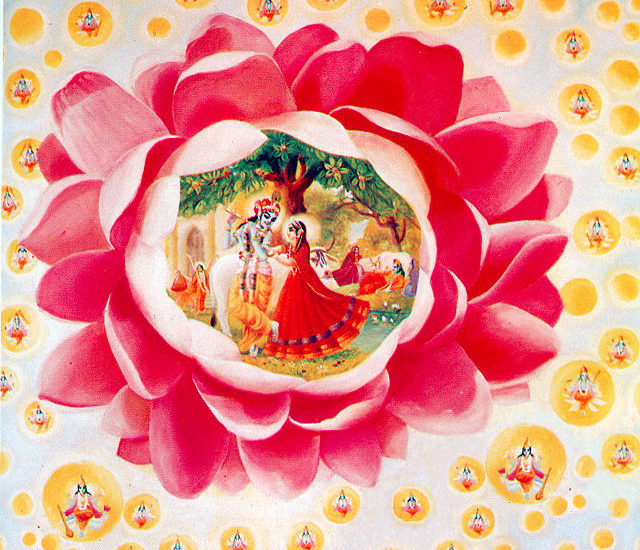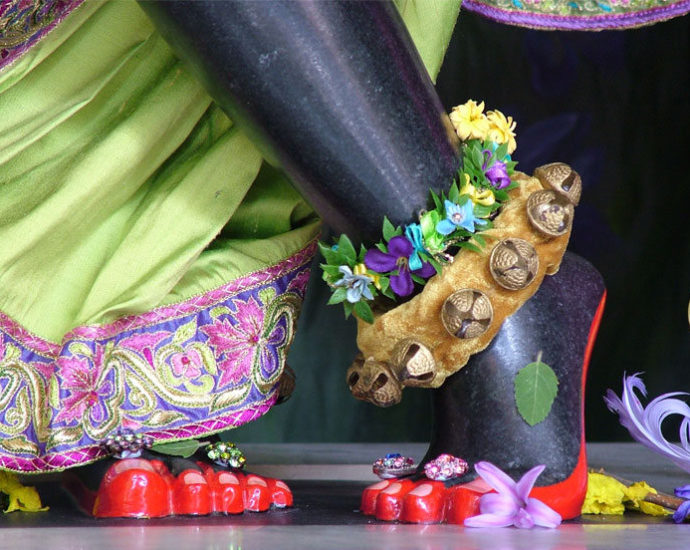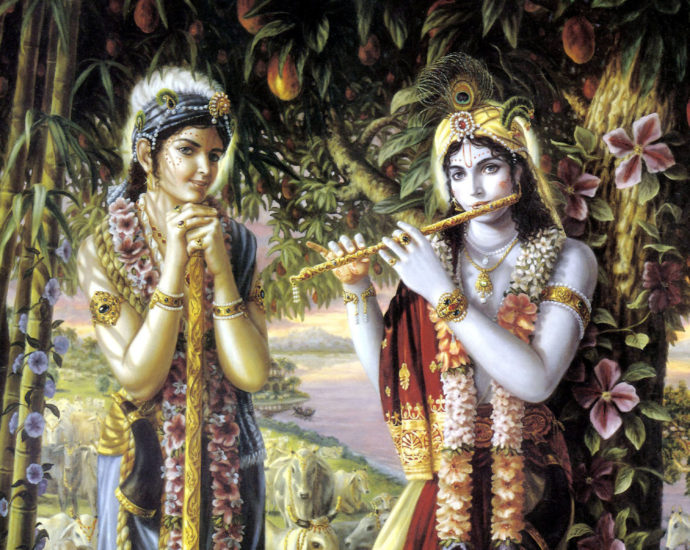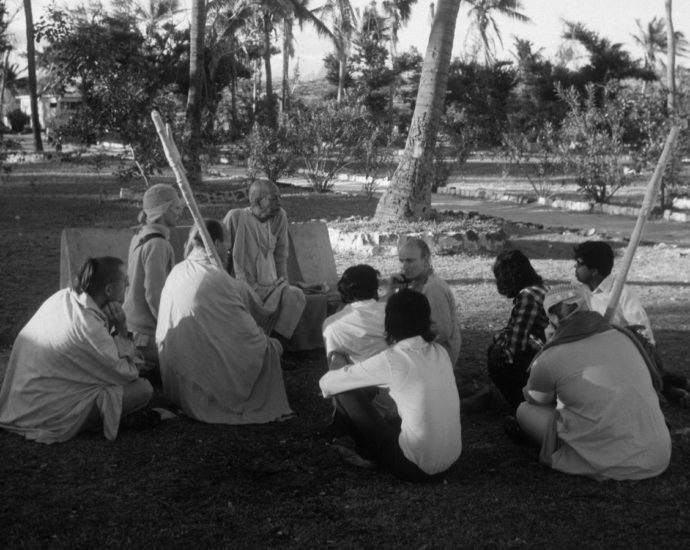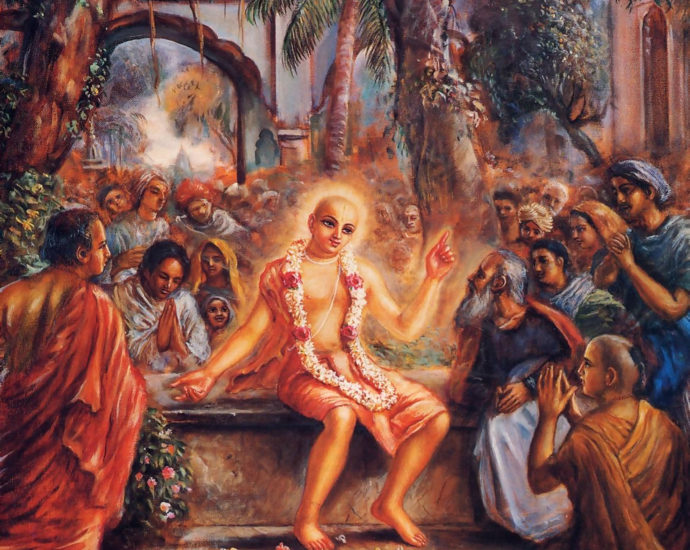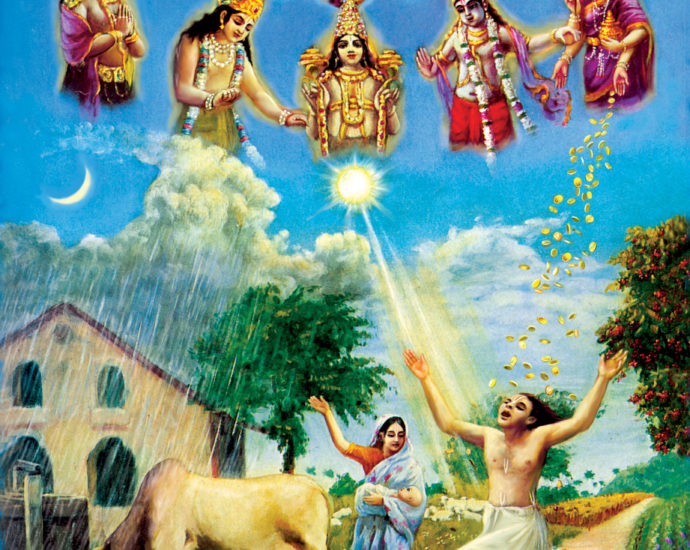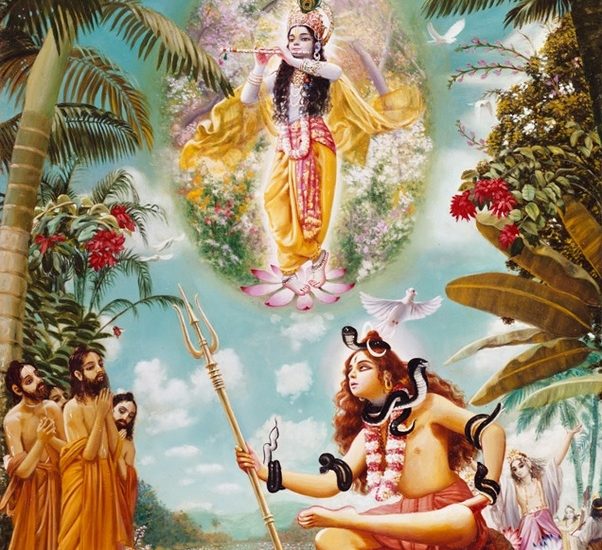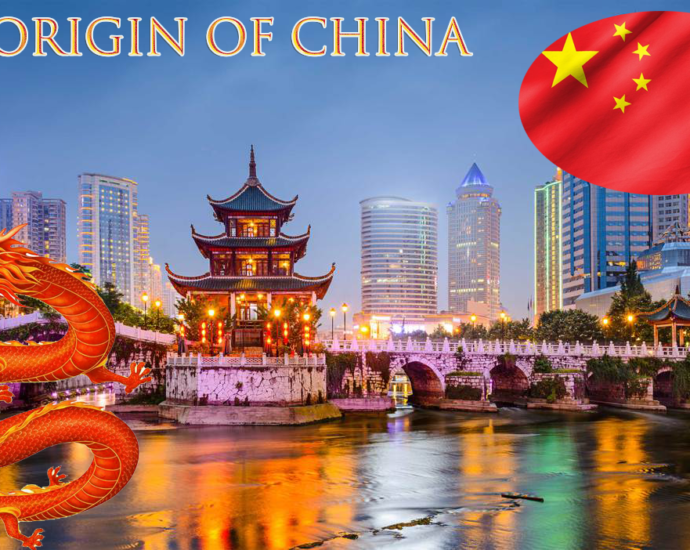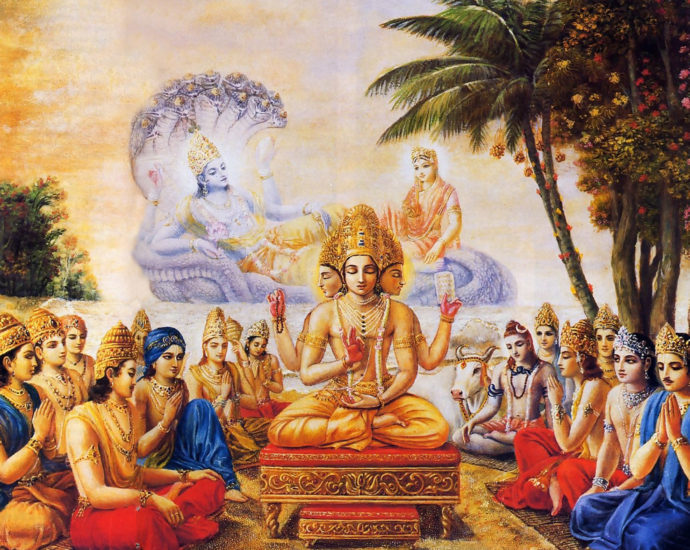The bhakti-yogī always thinks of Kṛṣṇa and Surely Trasnfer to Kṛṣṇaloka
The Lord says in Bhagavad-gītā (8.5): anta-kāle ca mām eva smaran muktvā kalevaram yaḥ prayāti sa mad-bhāvaṁ yāti nāsty atra saṁśayaḥ “Whoever, at the time of death, quits his body remembering Me alone, at once attains My nature. Of this there is no doubt.” Of course, one must practice before one isContinue Reading
